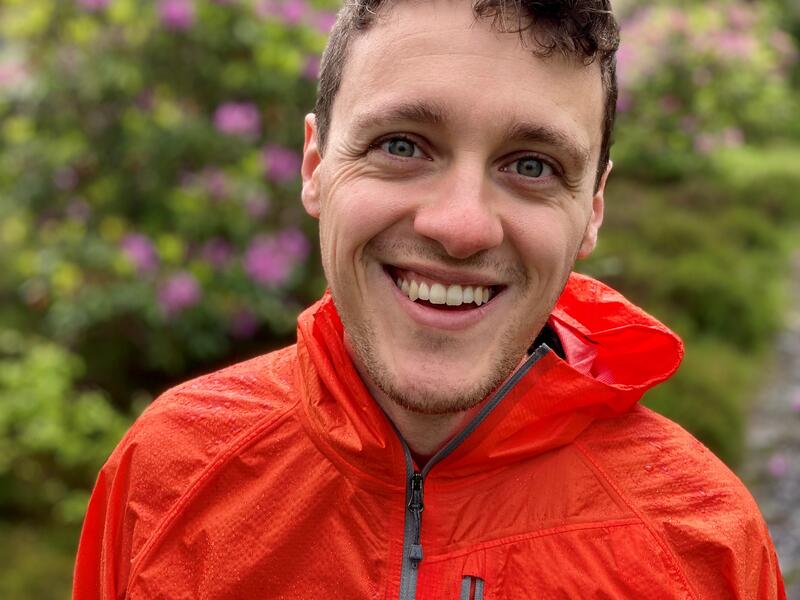
How Waterloo donors are shaping the future
Whether they are helping students discover their potential or supporting research that addresses the world’s most complex problems, donors are making a difference.

Whether they are helping students discover their potential or supporting research that addresses the world’s most complex problems, donors are making a difference.
By Beth Bohnert Office of AdvancementFor Jocelyn Bonti-Ankomah, seeing women in pharmacy who looked like her inspired her to pursue a career in the industry. Now, after receiving a student award honouring her community service, she’s encouraging other women of colour to achieve their goals.

With support from donors, Waterloo students and researchers like Jocelyn and Nat are creating positive change.
Nathanael Bergbusch is working with First Nations communities to ensure that environmental assessment processes consider how Indigenous people use waterways. Donor support helped him build the relationships that underpin his doctoral research; the tools he’s developing in collaboration with these communities could help developers avoid triggering environmental catastrophes like the one at Grassy Narrows.
These are just two examples of how donors empower our students and researchers to explore, create and thrive in Waterloo’s unique learning environment. Through gifts of all sizes to awards and programs, these generous individuals are helping us prepare the next generation of talented problem-solvers.
Read more about students and donors who are shaping the future in the 2021-2022 Report on Giving.

Ian Evans (MSc ’17) makes monthly gifts in support of the campus priorities he cares about most. In 2021-22, alumni like Ian contributed $10.6 million to assist Waterloo students and researchers through scholarships, professorships, special programs and more.

Read more
Here are the people and events behind some of this year’s most compelling Waterloo stories

Read more
Meet the 14 exceptional students representing Waterloo’s newest grads

Read more
More than 100,000 children and youth from across the region are discovering the wonders of science and technology through the University of Waterloo
The University of Waterloo acknowledges that much of our work takes place on the traditional territory of the Neutral, Anishinaabeg, and Haudenosaunee peoples. Our main campus is situated on the Haldimand Tract, the land granted to the Six Nations that includes six miles on each side of the Grand River. Our active work toward reconciliation takes place across our campuses through research, learning, teaching, and community building, and is co-ordinated within the Office of Indigenous Relations.